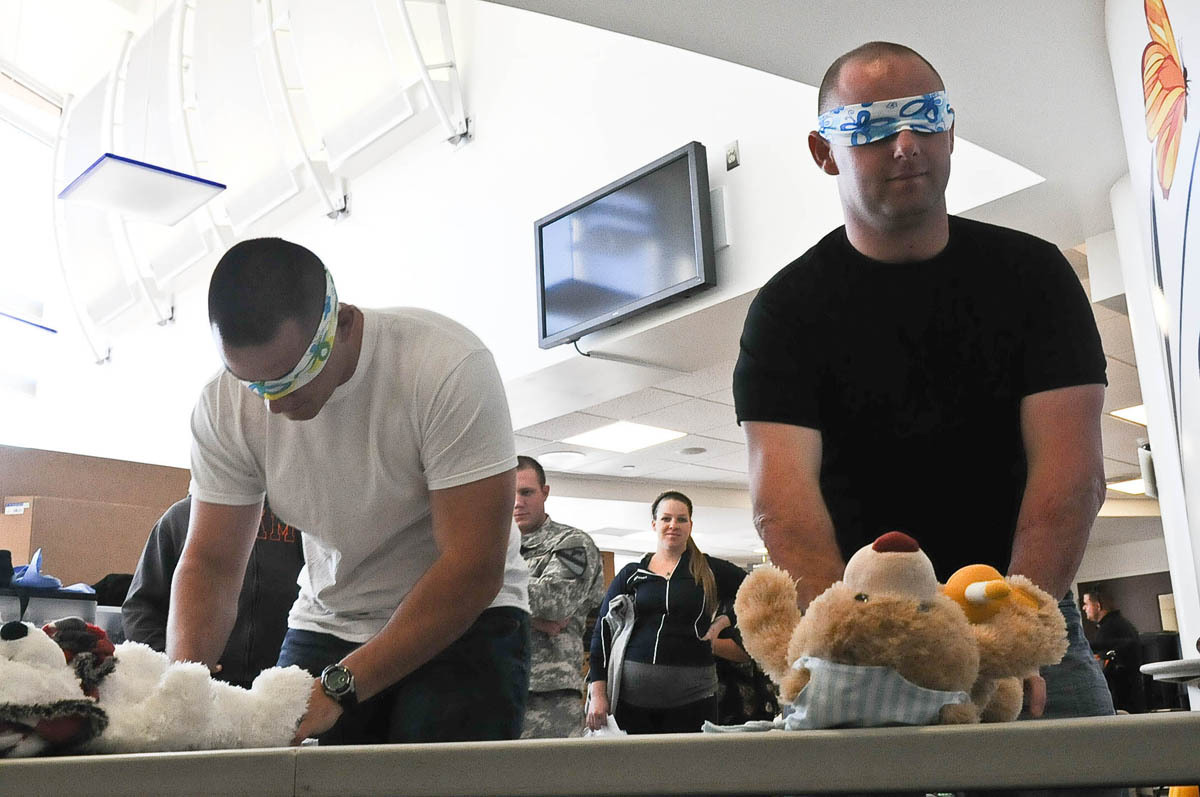
Sudden infant death syndrome, also known as SIDS, is a sudden death of a child under one year of age, which remains completely unexplained even after the through case investigation. The investigation usually includes performing the complete autopsy, examining the death scene and reviewing the child’s clinical history. Most SIDS deaths happen when babies are somewhere between 2 months and 4 months of age. In most of the cases, parents find their child died at sleep. For parents, this is a devastating experience and the lack of any obvious cause for their child’s death leaves them very sad and often blaming themselves for the tragedy.
Incidence of a sudden infant death syndrome
In 2005, SIDS was responsible for 0.543 deaths per 1,000 live births in the United States. The rates were much higher in 1992, when doctors observed 4,895 SIDS deaths only in the United States. In 2004, it seems that the rates were significantly reduced since doctors diagnosed only 2,247 SIDS-related deaths. The dramatic drop in the SIDS rates is probably because the parents were in 1992 first told to put babies to sleep on their backs or sides, to reduce the probability of a sudden infant death syndrome.
Risk factors
Scientists are not sure what causes the sudden infant death syndrome. Putting the infants to bed on their stomach has been identified as one of the possible reasons. The decrease in rates of SIDS since 1992 speaks in favor of this theory. However, some experts suggest that SIDS is not always caused by the same problem. Infant's death may be caused by several different factors, including the brain damage. One of the studies suggests that in babies that died from SIDS cells in the brainstem fail to develop receptors for serotonin in the womb. This probably causes decreased cardio respiratory and arousal responses in babies.
Prevention
To lessen the risk of SIDS, parents should place their babies to sleep on their backs. The bed should be equipped with a firm mattress and free from covers, pillows or bumper pads. The child should sleep alone in the bed, and near the mother’s bed. The bed should be specially constructed for baby. Placing a bay in an adult bed is not safe. Parents should also avoid falling asleep with the baby on a couch or in a chair. Baby should not be exposed to tobacco smoke. Moreover, parents should offer their baby a pacifier, if possible. Some studies have shown that babies who use pacifiers have lower SIDS rates. If parents notice their baby stops breathing or gags excessively after spitting up, they should instantly warn the medical care provider.


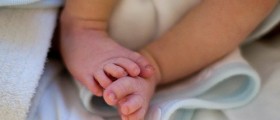
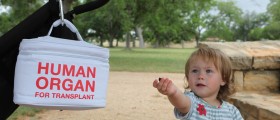


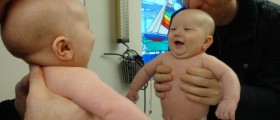
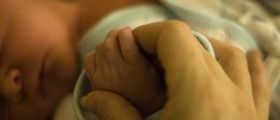

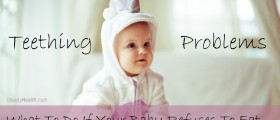
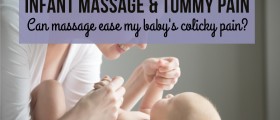
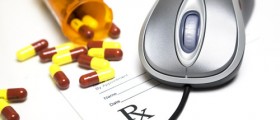

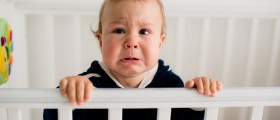



Your thoughts on this
Loading...